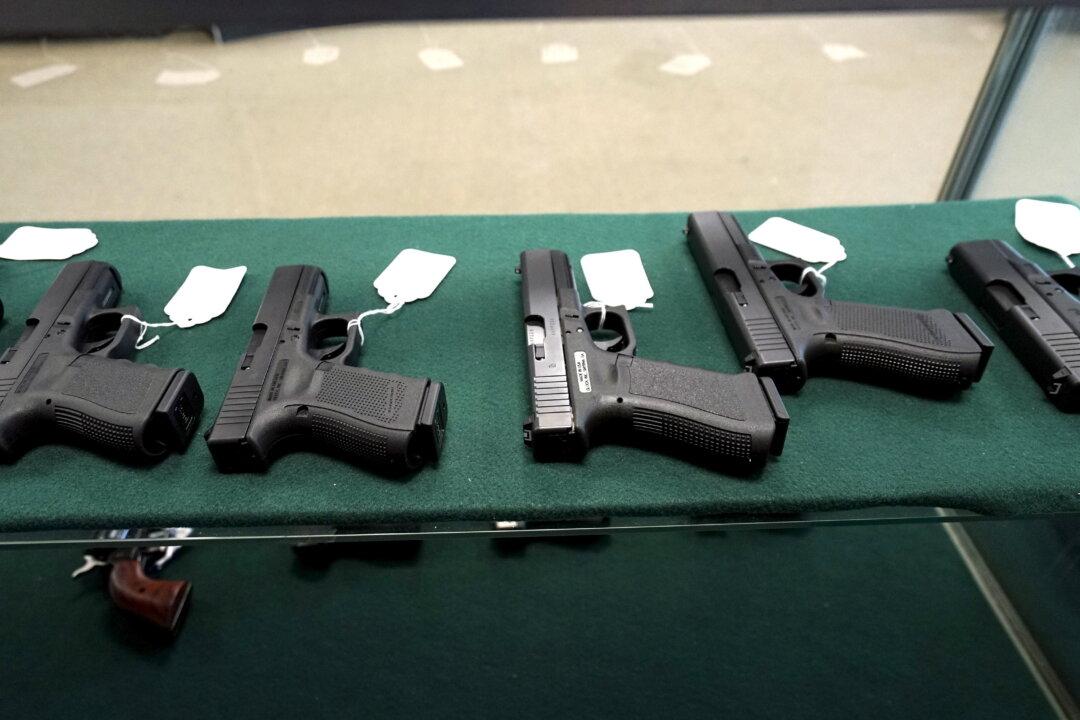The conflict between gun owners and credit card companies is heating up as so-called red states move to enact laws that will block efforts by financial institutions to track Americans’ firearms purchases.
West Virginia introduced legislation on Jan. 12 that would ban credit card companies from collecting or disclosing data on their customers’ firearms purchases.





